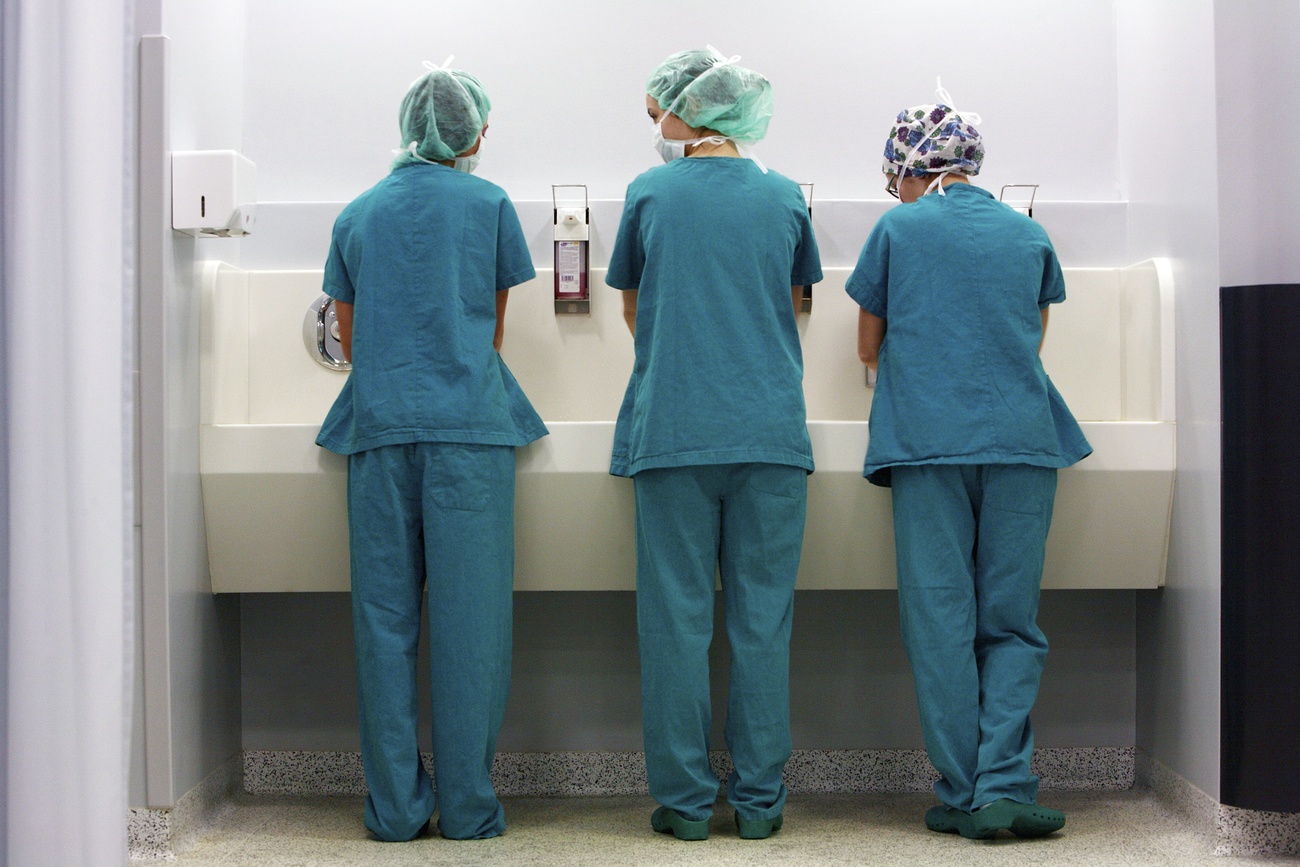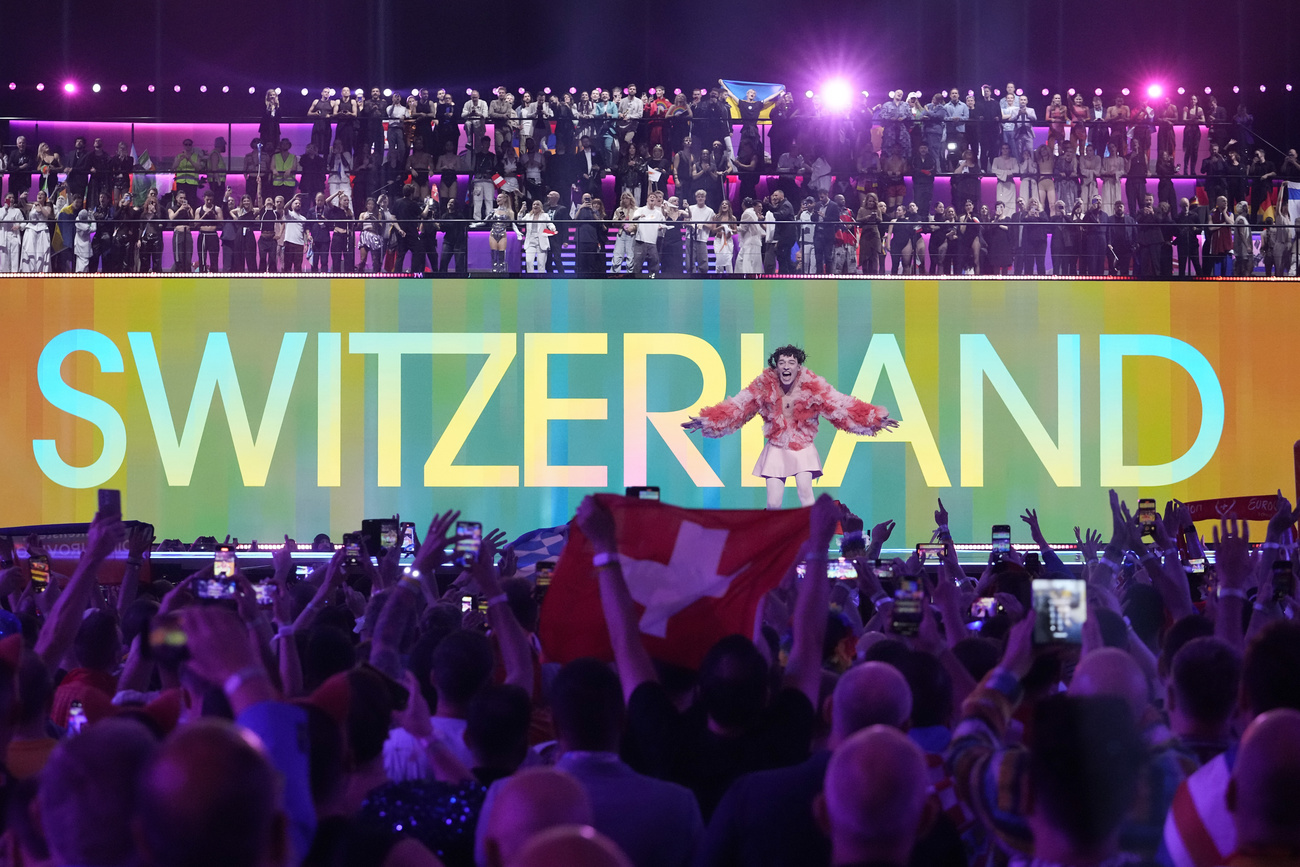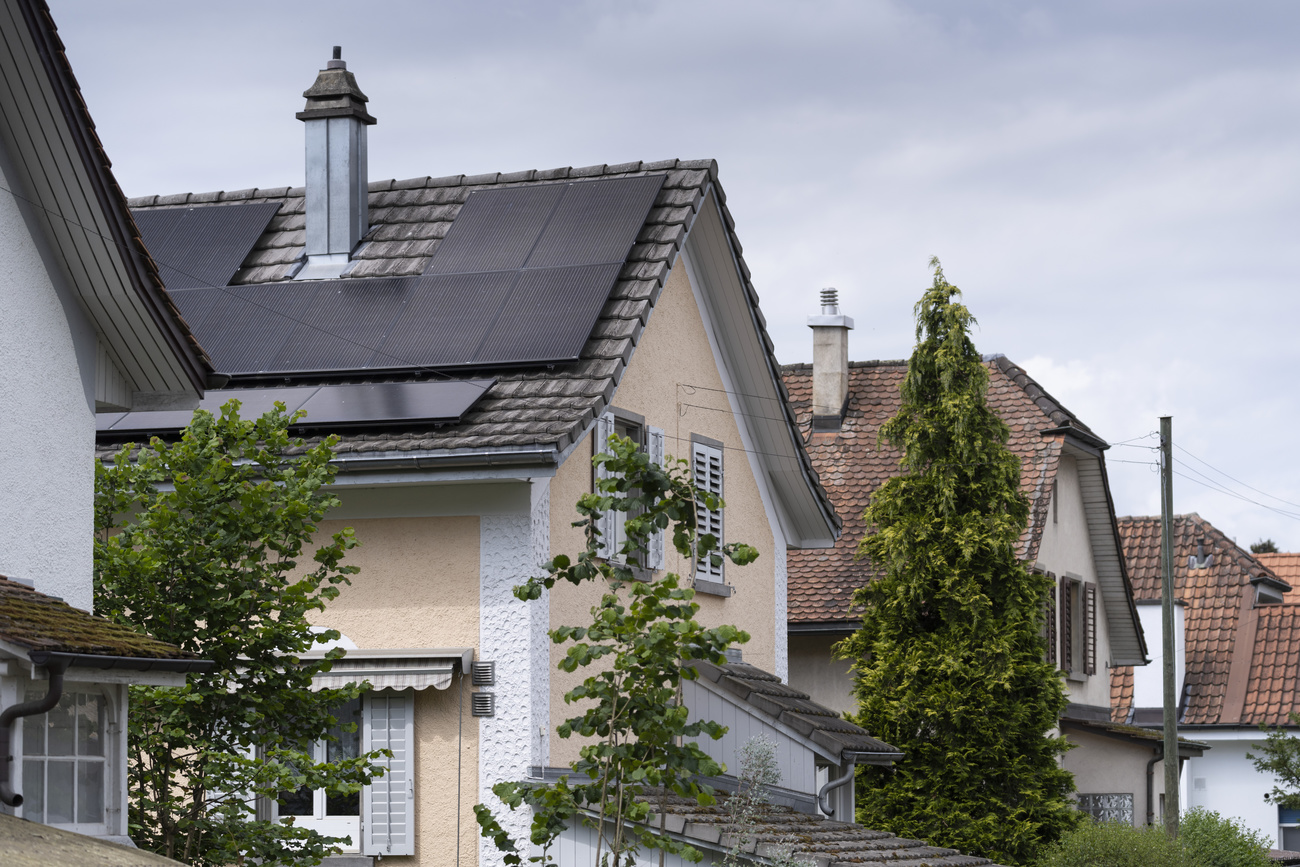G7 aims to use frozen Russian assets to help ‘desperate’ Ukraine

By Gavin Jones, Giuseppe Fonte and David Lawder
STRESA, Italy (Reuters) – The G7 will explore ways to use the future income from frozen Russian assets to boost funding for war-torn Ukraine, finance chiefs from the Group of Seven industrial democracies said on Saturday, but offered no details of how to do so.
The G7 and its allies froze some $300 billion of Russian financial assets, such as major currencies and government bonds shortly after Moscow invaded its neighbour in February 2022.
“We are making progress in our discussions on potential avenues to bring forward the extraordinary profits stemming from immobilized Russian sovereign assets to the benefit of Ukraine,” the G7 said at the end of a two-day meeting in northern Italy.
Financing for Ukraine and meeting China’s growing export strength were the main themes addressed in comments from finance ministers during the gathering in the lakeside town of Stresa.
The United States has been pushing its G7 partners – Japan, Germany, France, Britain, Italy and Canada – to back a loan that could provide Kyiv with as much as $50 billion in the near term.
However, the cautious wording of the statement, containing no figures or details, reflects many legal and technical aspects which need hammering out before such a loan could be issued.
The issue will now be discussed by G7 leaders at a summit in southern Italy in mid-June.
“We are not yet ready to find further and clear measures to finance Ukraine, but this is now a topic of intensive work,” German Finance Minister Christian Lindner told reporters.
Russian Finance Minister Anton Siluanov said Moscow would reciprocate if the G7 went through with its threat. His government has already taken control of some Western businesses active in Russia.
U.S. Treasury Secretary Janet Yellen said a loan to Kyiv was only “the main option” for G7 leaders to consider next month, but she didn’t want to “take anything off the table as a future possibility.”
G7 negotiators have been discussing for weeks how to best exploit the assets, which are mostly held in European-based depositories, and all the European Union’s 27 countries will have to sign off on any agreement.
“It’s not a given, so I’m not saying this is a totally done deal,” Yellen said.
UKRAINE’S “DESPERATE NEED”
The G7 ministers and central bankers were joined on Saturday by Ukraine’s Finance Minister Serhiy Marchenko, whose country is struggling to contain a Russian offensive in the north and the east, more than two years after Moscow first invaded.
Italian Economy Minister Giancarlo Giorgetti, who hosted the Stresa meeting, told reporters a loan would aim to support Ukraine’s budget for the next 2-3 years and would not be used for weapons as this was forbidden by Japan’s constitution.
He added that it could possibly be administered by the World Bank or else an ad hoc body.
Giorgetti said Marchenko had told the gathering Ukraine had a “desperate need” of financing.
“Consistent with our respective legal systems, Russia’s sovereign assets in our jurisdictions will remain immobilized until Russia pays for the damage it has caused to Ukraine,” the G7 statement said.
The European Union on Tuesday finalised its own deal to help Ukraine using the “unexpected and extraordinary” profits earned by the Russian assets in Europe, expected to yield 15-20 billion euros ($16-22 billion) by 2027.
The latest U.S. proposal is that Washington could provide a lump sum loan to Ukraine, to be paid back through the revenue stream from these assets, a G7 official said.
CHINA CRITICISM
China’s growing export strength and what G7 ministers call its industrial “overcapacity” was a major issue in Stresa.
“We express concerns about China’s comprehensive use of non-market policies and practices that undermines our workers, industries, and economic resilience,” the statement said.
“We will continue to monitor the potential negative impacts of overcapacity and will consider taking steps to ensure a level playing field, in line with World Trade Organization (WTO) principles.”
The United States last week unveiled steep tariff hikes on an array of Chinese imports including electric vehicle batteries, computer chips and medical products.
Washington has not called on its allies to take similar steps but Yellen said this week she wanted the G7 to express a “wall of opposition” to China’s industrial and trade policies.
Giorgetti said EU countries now had to decide whether to follow the U.S.’ lead in using tariffs to curb Chinese imports. There are “different points of view” on the issue, he noted.
On taxation, the 13-page G7 statement also said the G7 aimed to sign off on the first pillar of an accord on a global minimum tax rate for multinationals by the end of next month, but Giorgetti said this was all but impossible.
Hopes of a deal within the planned time scale were “almost dead,” he said.
This first pillar aims to reallocate the taxing right on mainly U.S.-based digital giants, allowing about $200 billion of corporate profits to be taxed in the countries where the companies do business.
The G7 finance leaders also reaffirmed their exchange-rate commitment warning against excessively volatile and disorderly currency moves, nodding to a request by Japan.
Tokyo has argued this G7 agreement gives it freedom to intervene in the currency market to counter excessive yen moves.
The G7 also called on Israel to maintain correspondent banking links between Israeli and Palestinian banks to allow vital transactions, trade and services to continue, according to the draft.







